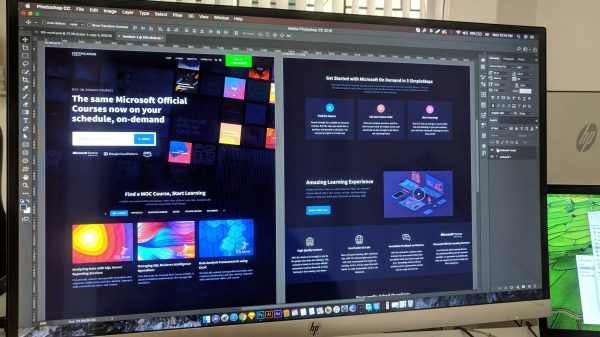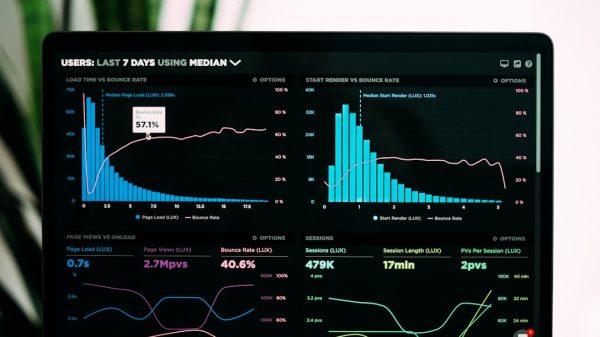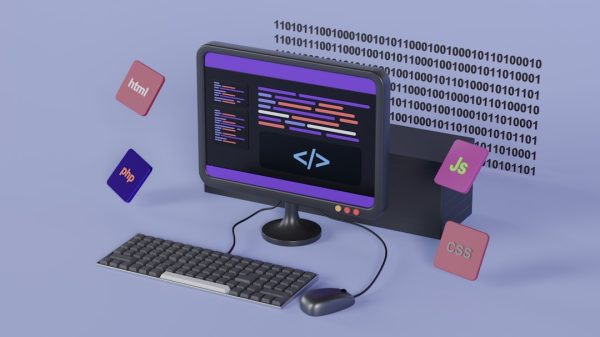So, you’ve decided to dive into Data Structures and Algorithms (DSA) to ace those coding interviews? Great choice! But with so many resources out there, it’s easy to feel overwhelmed. Don’t worry—we’ve got your back! This guide will show you the best and most fun ways to learn DSA, step by step.
Why Learn DSA?
Before we jump into the resources, let’s answer the big question: Why should you learn DSA?
- It’s the bread and butter of technical interviews.
- It boosts your problem-solving skills.
- It makes your code efficient and optimized.
Basically, DSA is your ticket to landing a job at top tech companies like Google, Amazon, and Meta.
Best Online Courses
If you enjoy learning with structure and videos, here are the top courses:
-
1. Data Structures and Algorithms Specialization – Coursera:
Taught by professors from UC San Diego and National Research University. This series divides DSA into digestible segments. -
2. Master the Coding Interview: Data Structures + Algorithms – Udemy:
Created by Andrei Neagoie, this course teaches you to code and understand DSA with clarity. -
3. Algorithms – Princeton, via Coursera:
Dive deeper with this more challenging course if you’re aiming for the big leagues.
Interactive Platforms
Prefer learning by doing? These platforms are gold!
- 1. LeetCode: Probably the most famous DSA platform. Millions of techies practice here for interviews. It has problems for all levels and even company-specific questions!
- 2. HackerRank: Beginner-friendly with challenges grouped by topic. Plus, you can get hiring opportunities through this platform.
- 3. CodeSignal: Known for its arcade mode and fun interface. Great for improving speed and accuracy.
- 4. Codeforces: Ideal for competitive programmers. The problems are diverse and tricky!

Books That Don’t Feel Like Textbooks
For book lovers, there are gems that explain DSA in super simple ways:
-
1. Grokking Algorithms by Aditya Bhargava:
A visual guide to DSA. Think of it as a comic book for programming! -
2. Cracking the Coding Interview by Gayle Laakmann McDowell:
A must for interview prep. It includes lots of practice questions and tips. -
3. Algorithm Design Manual by Steven Skiena:
Great for understanding “why” and “how” behind algorithms.
Interview-Focused Guides
Some guides are built especially to prep you for the style of DSA questions asked in interviews:
-
1. Educative.io – Grokking the Coding Interview:
Super popular! Breaks down patterns like sliding window, two pointers, BFS, etc. - 2. Interviewing.io: Offers mock interviews with engineers from real companies. Practice in a real-world environment.
-
3. Tech Interview Handbook:
Free! Offers a lot of curated content from resume tips to DSA prep.
Practice Like a Pro
Okay, learning is step one. Now it’s time to put that knowledge into action. Here’s a simple plan:
- Start with a course or book to understand the basics.
- Follow that up with practicing 1-2 questions daily on LeetCode or HackerRank.
- Aim to cover major topics like arrays, linked lists, stacks, queues, trees, graphs, and dynamic programming.
- Use platforms with mock interview options to test your readiness.
Cool YouTube Channels
YouTube is a treasure chest for visual learners. Check out these top creators:
- 1. Abdul Bari: His explanation style? Simple and crystal clear. Covers algorithms from scratch.
- 2. MyCodeSchool: Fun and clear lessons on core DSA concepts. A favorite among beginners.
- 3. NeetCode: He organizes problems by category. Great for interview prep and following a path.

DSA Topics You Must Master
Feeling lost about what topics to study? Here’s a solid list:
- Arrays & Strings
- Hash Tables
- Linked Lists
- Stacks & Queues
- Trees (Binary, BST)
- Graphs (DFS, BFS)
- Heaps & Priority Queues
- Recursion
- Dynamic Programming
- Sliding Window & Two Pointers
Don’t just memorize these. Try to understand them. That’s what interviewers care about.
Tips to Stay on Track
Let’s face it. Learning DSA can sometimes feel like climbing a mountain. But these tips will keep you motivated:
- Start small. Solve one problem a day.
- Stick to a routine. Maybe 30–60 minutes daily.
- Join a study group or online forum like Reddit’s r/learnprogramming or Discord groups.
- Track your progress. Seeing improvement over time gives a confidence boost!
Bonus Tools and Tricks
Want to supercharge your progress? Try these:
- Excalidraw: Great for drawing data structure diagrams.
- Big-O Cheat Sheet: A quick glance at time complexities of common operations.
- Anki Flashcards: Use spaced repetition for tricky concepts or runtimes.

Final Thoughts
Mastering data structures and algorithms doesn’t happen overnight. It takes time, effort, and lots of practice. But with the right tools, it can actually be fun!
Don’t try to learn everything at once. Start with what you enjoy and build from there. Whether it’s solving puzzles, reading comic-style books, or watching YouTube, there’s a path for everyone.
Your dream tech job is only a few binary trees away. Keep coding and happy learning!


































